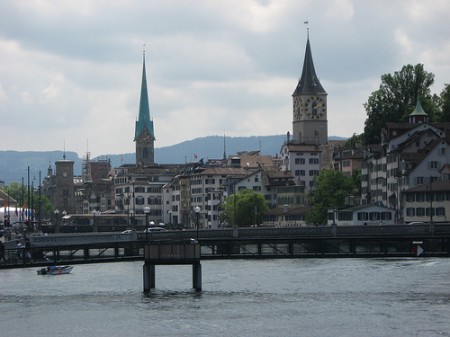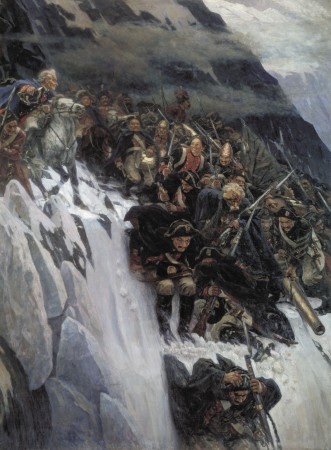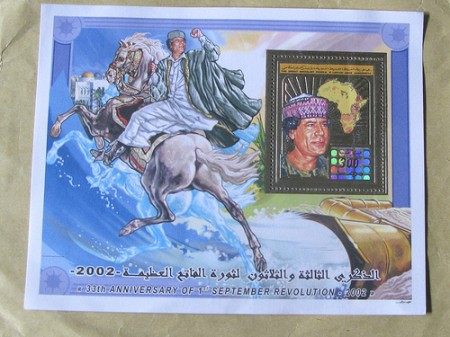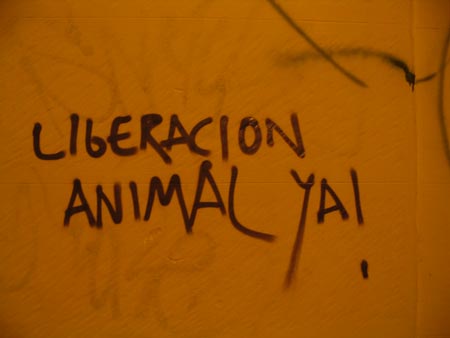
Roman Polanski went missing in Zurich upon his arrival for the Zurich Film Festival.
The festival’s welcome comittee waited in vain at the airport for the director of such brilliant films like Rosemary’s Baby (1968), Chinatown (1974) and The Pianist (2003). He received an Oscar in absentia for the latter; in absentia because he has been a fugitive from US justice since 1978 when he pleaded guilty to having drugged a 13-year-old girl and forced himself upon her.
Instead of facing jail time, Polanski escaped to France, where he was safe from extradition to the US. Since then Polanski has been very careful not to travel to countries where the long arm of US justice might reach him.
However, this finally happened on Saturday when Zurich police arrested the 76-year-old on an international arrest warrant. It didn’t take long for the Swiss art and film scene to decry and condemn the move as “a slap in the face for the entire cultural community in Switzerland.”
Conspiracy theorists quickly pointed out the fact that Polanski had traveled to Switzerland before and even owns a house in the fancy mountain village of Gstaad. They believe that Switzerland wanted to suck up to the US authorities after the legal troubles of UBS and the attack on the country’s banking secrecy laws.
These theories however are probably complete nonsense.




